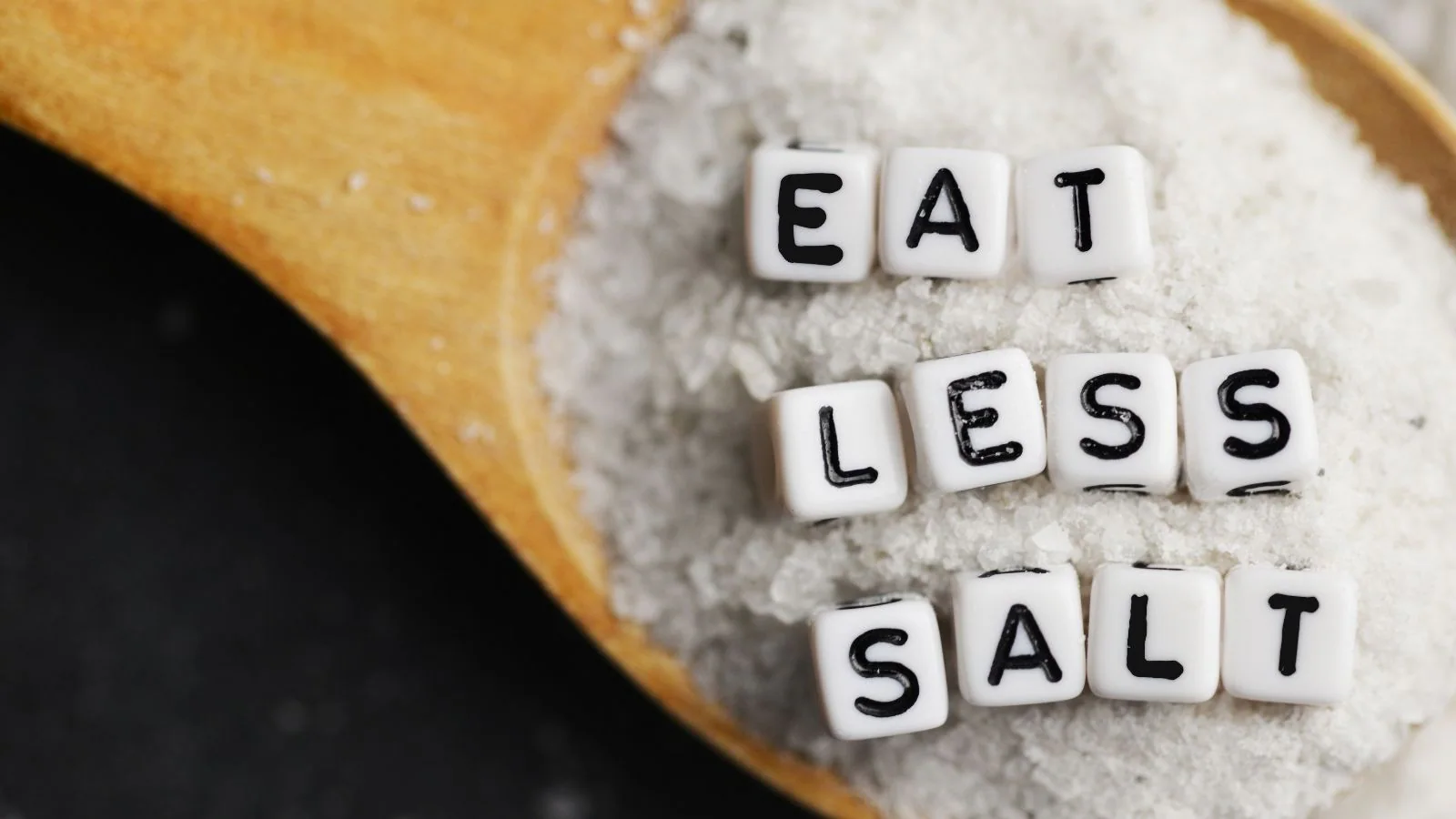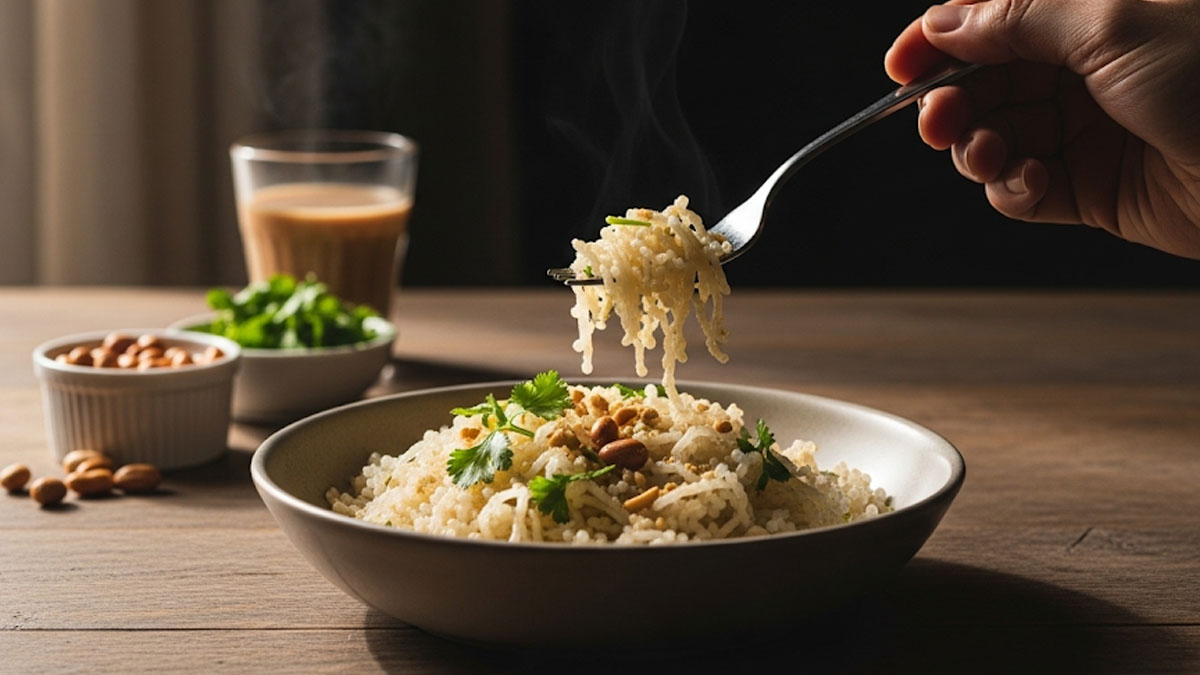By News18,Nishad Thaivalappil
Copyright news18

While high consumption of sodium chloride is linked with blood pressure risks, the dangers of excess salt intake may also extend to an individual’s cardiovascular health. According to Dr Sameer Pagad, who is a director of intervention cardiology at Nanavati Max Super Speciality Hospital in Mumbai, excess salt increases the risk of developing multiple heart diseases in the long run.
In an interview with HT Lifestyle, Pagad raised an alarm against excessive sodium consumption in the diet and called for an immediate pause on adding extra salt on top of your daily meals. The cardiologist stressed that a high consumption of sodium affects the heart’s muscle function and damages its ability to pump blood efficiently.
“Sodium is found to thicken the heart walls, causing a condition known as left ventricular hypertrophy. As the condition progresses, the heart finds it difficult to pump blood efficiently. The sodium-rich diet also alters the calcium levels in the heart cells, affecting their ability to contract and relax, dramatically increasing the chances of heart failure,” Dr Pagad said.
How To Reverse The Damage Of Excess Sodium Intake?
Patients experiencing the early impacts of heavy sodium intake on their blood pressure levels and heart muscles would be curious to know how they can potentially reverse the damage caused by such a diet. Dr Pagad came to their rescue and suggested eating potassium-rich foods.
“Eat potassium-rich foods, including vegetables such as spinach, amaranth, fenugreek, bottle gourd, pumpkin, etc. Also consume fruits like banana, guava, oranges or mosambi, pomegranate and papaya. Include pulses like moong, masoor, chana, and rajma in your diet,” the cardiologist said.
For non-vegetarians, Dr Pagad recommended eating foods packed with Omega-3 fatty acids. “Non-vegetarians should consume fish rich in omega-3 fats, which are considered to be anti-arrhythmic and cardioprotective. One to two meals a week can be inclusive of sardines, bangda, Indian salmon or raavas,” he explained.
Safe Limit For Salt Intake
During his interview, the cardiologist said naturally available food nutrients should be preferred over the supplements in the market. He also marked the safe limit for salt intake in our daily food consumption. “If you want to keep your heart healthy, limit your sodium intake to approximately 2 g per day and reduce the chances of developing hypertension, arrhythmias, coronary events, stroke or heart failure,” he said.
The doctor insisted reducing even 1g of salt may substantially improve the body’s blood pressure levels, enabling a steadier flow that is good for your health in the long run. Immediately revisit your daily salt intake.



